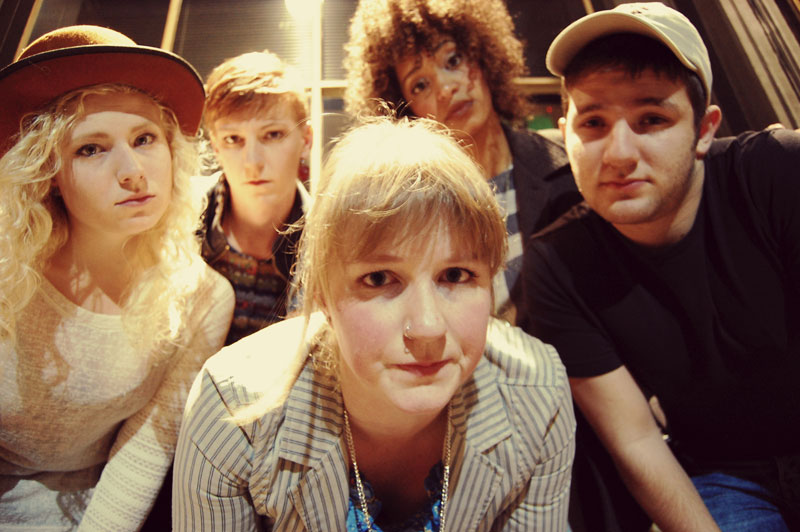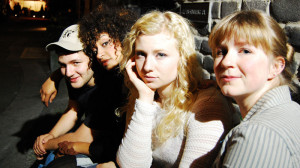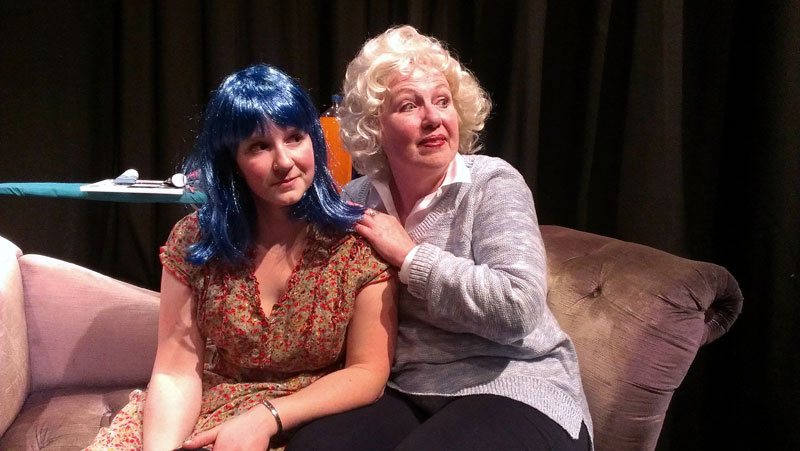The EXIT Theatre’s annual festival of women’s voices, DIVAfest was founded in 2002 as a response to a lack of opportunities for female playwrights in the theater industry. So it’s curious that this year’s DIVAFest has one play premiering in full production, and for the first time in the event’s 13 years it’s by a male playwright.
The playwright in question, Stuart Bousel, is an EXIT mainstay with his companies No Nude Men Productions, the San Francisco Olympians Festival and San Francisco Theater Pub; and his play, Rat Girl, is based on the memoir by indie-rock icon Kristin Hersh, singer-songwriter of the seminal band Throwing Muses. It’s that second bit that’s reason enough for festival founder Christina Augello to include the play in her event, though she also performs in the play.
Like Hersh’s book, the stage adaptation of Rat Girl focuses on her late teens: her friendships with the band, her diagnosis of bipolar disorder, her first pregnancy and the recording of Throwing Muses’ self-titled first album. More than anything it’s about Hersh’s troubled relationship with her muse, feeling that rather than singing a song she has to retreat and let the song play itself. It’s performance anxiety, but it’s also more than that. Both her songwriting and her raw, forceful singing she sees as something outside herself, an “Evil Kristin” that scares her.

In fact, Kristin, played by Heather Kellogg, is one of the few characters that we don’t hear singing Throwing Muses songs in the course of the show, at least not for a long time. Within director Claire Rice’s absorbing staging, Kristin is constantly shadowed by a glowering doppelganger of herself that’s always scribbling down songs and will take over for Kristin when she sings.
Peppered throughout the play are live covers of Throwing Muses numbers from the mid-1980s — when the story takes place — and the songs are easily the most compelling part of the play. (Kudos to music director James Grady, and to Hersh for writing such knockout songs.) Allison Fenner sings them particularly powerfully as Kristin’s omnipresent “Shadow,” but several other characters also sing, usually accompanying themselves on guitar while sadly watching Kristin having a hard time.



